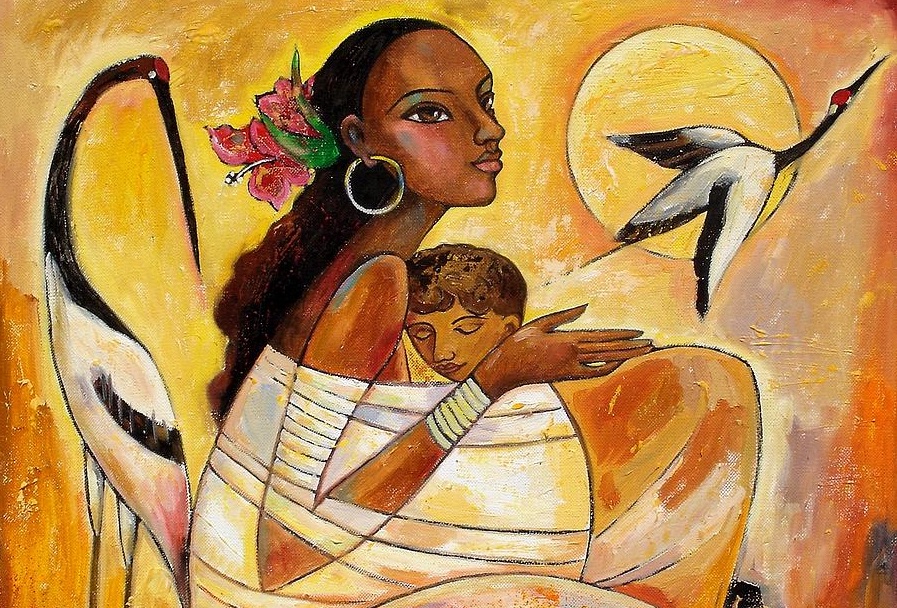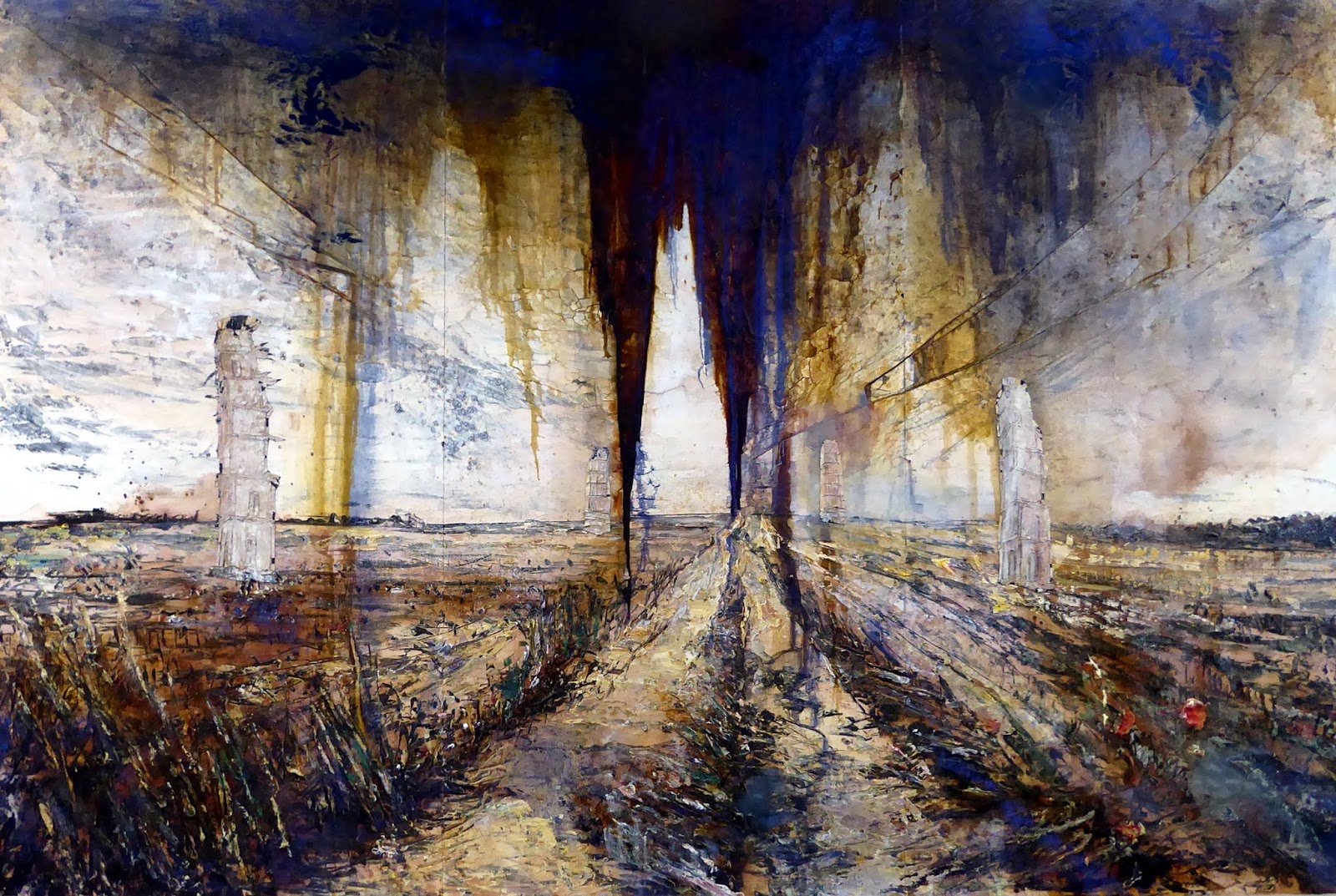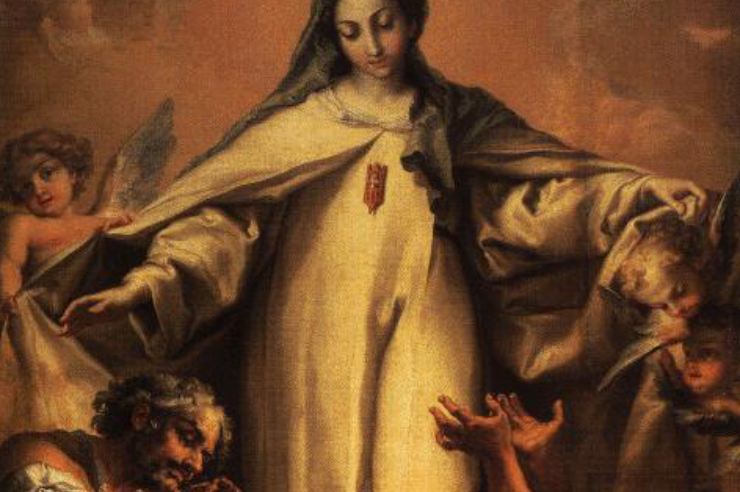
Touch
My mother, when she is tired of watching us grow, stares at the years the wall clock orbits, washes her past clean with memorabilia, writes the present in vermilion, & becomes beautiful at the end of the 12,770 days given to her by the earth. Things I let her open in box-sets for the joy of being, things as sacred locked with keys & confetti, things that have lost much of their funk. Things that simplify me. She turns the ocean in her eyes to gray, against me standing spent on the shore of my age, masked in a halo I have not seen; the uncut hair on the back of her head, knowing how lonely, old & deep it will make me if I am seen. For warmth, she asks me to bring down my father’s son from the bookshelf.
The portrait is legendary & appears to me as the horizon I am far away from, living in an invented hoax or a city. So I call my brother who lives in Elba the United States. The United States which my mother says come to her in her dreams smoking the red lights where he is often found on a cedar chair unkempt in my father’s disease schizophrenia, surrendering to the whiffs, to stop the suicide music listened to, coming from the traffic. My brother who always leaves to forget his voice on the phone & never answers calls from our red brick hut by the junkyard overstepping the bounds of a drinkable stream. I love the strange milkweeds growing from it. They speak of fluorescence, origins & immigrants.
May your future be lit by the lighthouse flowers, Asia & God; this art & science of the government converted into Emmenthaler in a one-storied house with a low-pitched roof & albums full of torn photos. May your days be the streetlights the moths gather round for spectrum. Amen, I say. She says believe, willingly into the muting blue or mist of those cedar nights. This is how mother prays to the flag.
& by instinct I go green, rewriting the book of Exodus, to write back my brother, spruce farm worker planted on the Southern fields lost in a Yankee girl. My mother digs the ground too. From my window, almost opaque & open, I form the habit which fixes itself to her history as Maid Marian & farmerette, bent over grass, picking pepper for apples. I stretch the little lights in my hands to put a star on her hair, but it is my heart that gets to her shoulders, quicker than this cry the sparkle of asterisks on my dimples she defines with a stereo touching me in a hold, touching me with a song the moon has long practiced for this day, saying never let go, never let your brother go.
At a Party as a War Veteran
The orchestra writes itself an ode
to the things he remembered as a child.
Memories pieced in tears, memories of an arch-violinist
in praise of the girl who was his tripwire,
who threw bombs as though they were flowers.
A Nigerian soldier slept with her & the city fell to federal might.
The beautiful things love has done for Troy it did for Oron.
In midnight Aba, love gave the legend a statue to commemorate the woman
who gunned down the drunk enemies to have her she-goat as a souvenir.
The little boy who walked with his father from the rubble after the M1 rifles
reduced their home to dust, became for
him an order of the River Niger.
They said it was genocide. It was not for the baby
who walked from the Rolling Hills of the East
to own a shop in Victoria Island, Lagos.
Survival is the same for Darwin as it is for the Ibo boy
who though broken in fragments,
picks up the dust & recreates himself.
There is the burnt phoenix, here the unburnt country.
According to the great epistle, as though
it is a thing to be practiced, we come from dust, to dust we go
& can return again as dust.
He slices through the tribes, the friends he has lost
slice through him. He sees the grenades go off,
the military trucks thunder to a stop at the door,
taking the soldiers to death and glory.
& the birds he sees through the blue glass of a haven are fighter jets.
He listens to the music, to the voice of the dead
& a people trying to sift the sound of bullets to be sure of ode & dirge—
a fall of fork on plate of steel,
a drop of wine, a flow of blood.
Suddenly, the girl in the orchestra stops.
The war was won to make the world a field green with the echoes of war.
& in a flash of joy the violin replaces the gun.
& the music for the first time becomes music
in which he sits, enjoying his pulse & wine
as the girl who is now a girl gives all of herself to the music
to make him love his helmet & boot.

